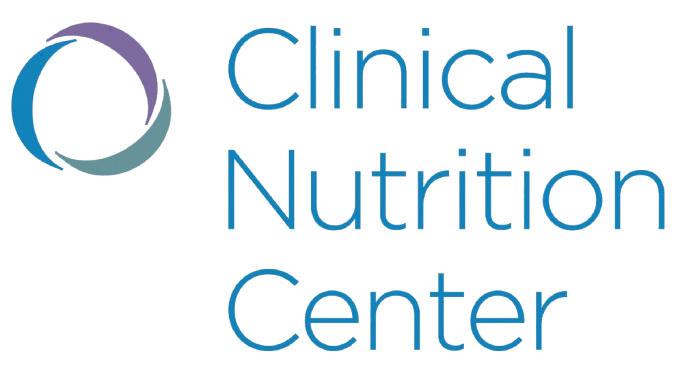What should doctors be doing to help their patients with obesity?
Even with very little time and no training in obesity medicine, the following tips can be very helpful:
1) DO NOT BLAME, THREATEN OR PRESSURE.
2) DO NOT SUGGEST UNREALISTIC GOALS (5-10% is realistic, but even this can be incredibly challenging).
3) DO NOT TRIVIALIZE THIS. “Eat less, exercise more,” or “Read South Beach” are not appropriate responses to one of the most challenging medical questions a patient with obesity can ask you. These sorts of responses can alienate the patient from you and strain the relationship.
4) DO encourage eating regular meals (especially breakfast), eliminating calories in liquids, drinking 16 ounces of water BEFORE breakfast, lunch, and dinner, pedometer use and recording steps, offer weekly or monthly weigh-ins, and recording a food journal (lots of examples available for free download under resources at our web site).
5) DO NOT STOP SUPPORTING YOUR PATIENT WHEN RELAPSE OCCURS. Weight gain is a normal and expected part of the chronic disease of obesity. Individuals need an incredible amount of support during these tough times to get back on track.
6) DO EDUCATE YOURSELF ON OBESITY. Options include:
a. A very good book on the topic is “Best Weight” by Freedhoff and Sharma, available on Amazon.
b. CME – Harvard Obesity Course, American Society of Bariatric Physicians course, or The Obesity Society Course.
c. Call me and and I can meet with you personally to discuss this face to face.
7) DO TREAT OTHER MEDICAL PROBLEMS WITH SENSITIVITY TO WEIGHT. Within class, choose medications that can promote weight loss rather than weight gain. I have posted a handout I developed for my Grand Rounds talk at the Hospitals of drugs most likely to promote further weight gain and treatment alternatives to the physician resources tab on our web site.




